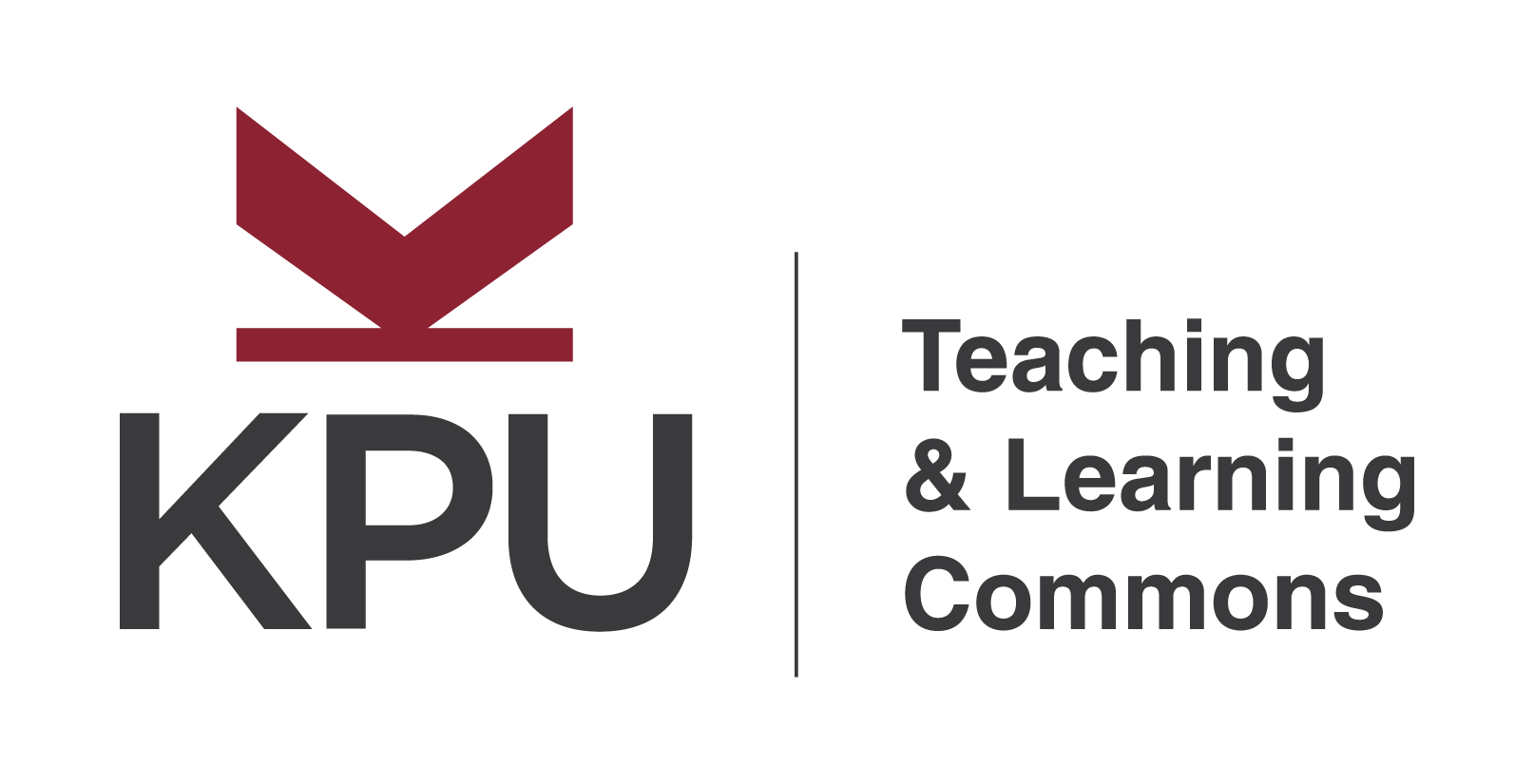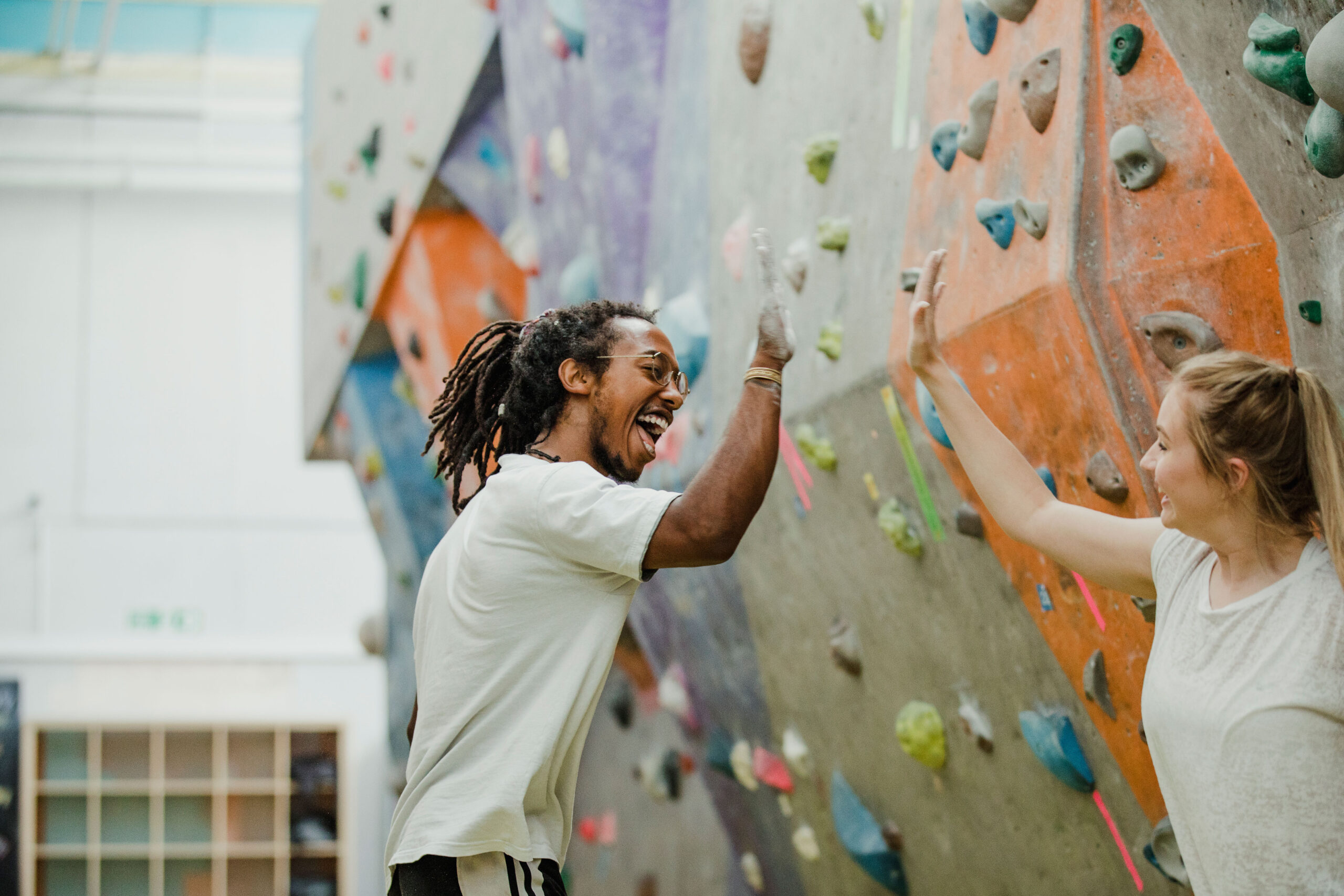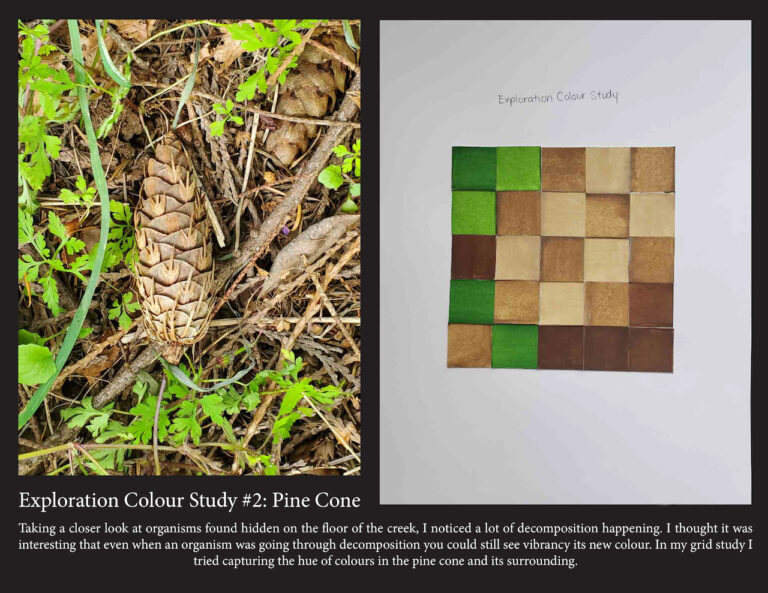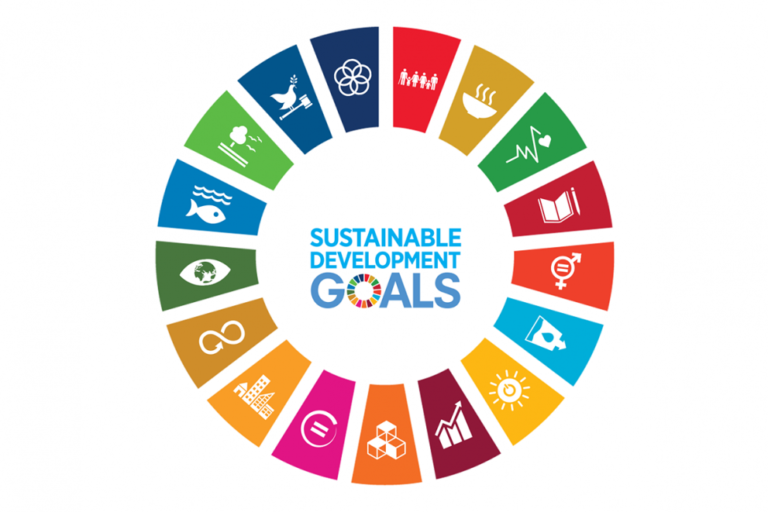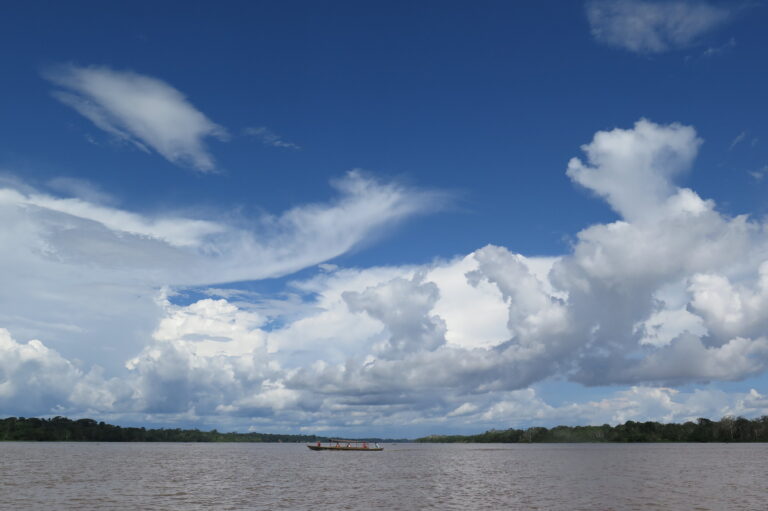The Practice of Wellness
Course: ARTS 2000
Instructor: Ross Laird
One-sentence summary:
Learners go to an indoor rock-climbing center to find their own paths (literally) to explore risk, discovery, and self-motivation.
Climbing and Bouldering
Rock climbing and its companion practice bouldering are examples of dynamic, nonlinear, and ecological approaches to skill development and knowledge acquisition. Climbing and bouldering offer endless opportunities to find unique solutions to complex problems. These practices expose learners directly to themes of internal motivation, structural and relational constraints, immediate and definitive feedback, risk management, and many other aspects of learning within complex domains — all within a community setting of supportive peers. Each individual determines what they can do, how they can do it, and what the actions of doing teach them about their unique skill development as learners. Furthermore, a growing body of research has shown climbing and bouldering practices to have a positive effect of mental health and well-being.
In climbing and bouldering there are no fixed pathways, no predetermined outcomes, and no prescribed linear steps. Personal exploration, trying and failing, and finding unique solutions are all highly valued. Feedback from experts is minimized and even discouraged until sufficient exploration highlights seemingly insoluble problems (the “crux” of a boulder problem or climbing route). The emphasis is on play, learning, and growth grounded in the experience of the individual practitioner.
Faculty member Ross Laird has facilitated climbing and bouldering sessions in his Creative Writing classes as well as in Arts 2000: The Science and Practice of Wellness. These sessions have taken place at the Coastal Climbing Centre, an indoor facility close to the KPU Surrey campus. As disciplines involving the creativity of movement, climbing and bouldering offer a multitude of possibilities for learning creative practices. And, of course, opportunities for psychological and sociological inquiry abound in climbing contexts. But climbing is also relevant to disciplines such as math, physics, biology, geography and many others. In fact, climbing and bouldering encapsulate — in discrete moments of adventure and discovery — much of the scope of human growth and learning. They are endlessly malleable and instructive practices.
